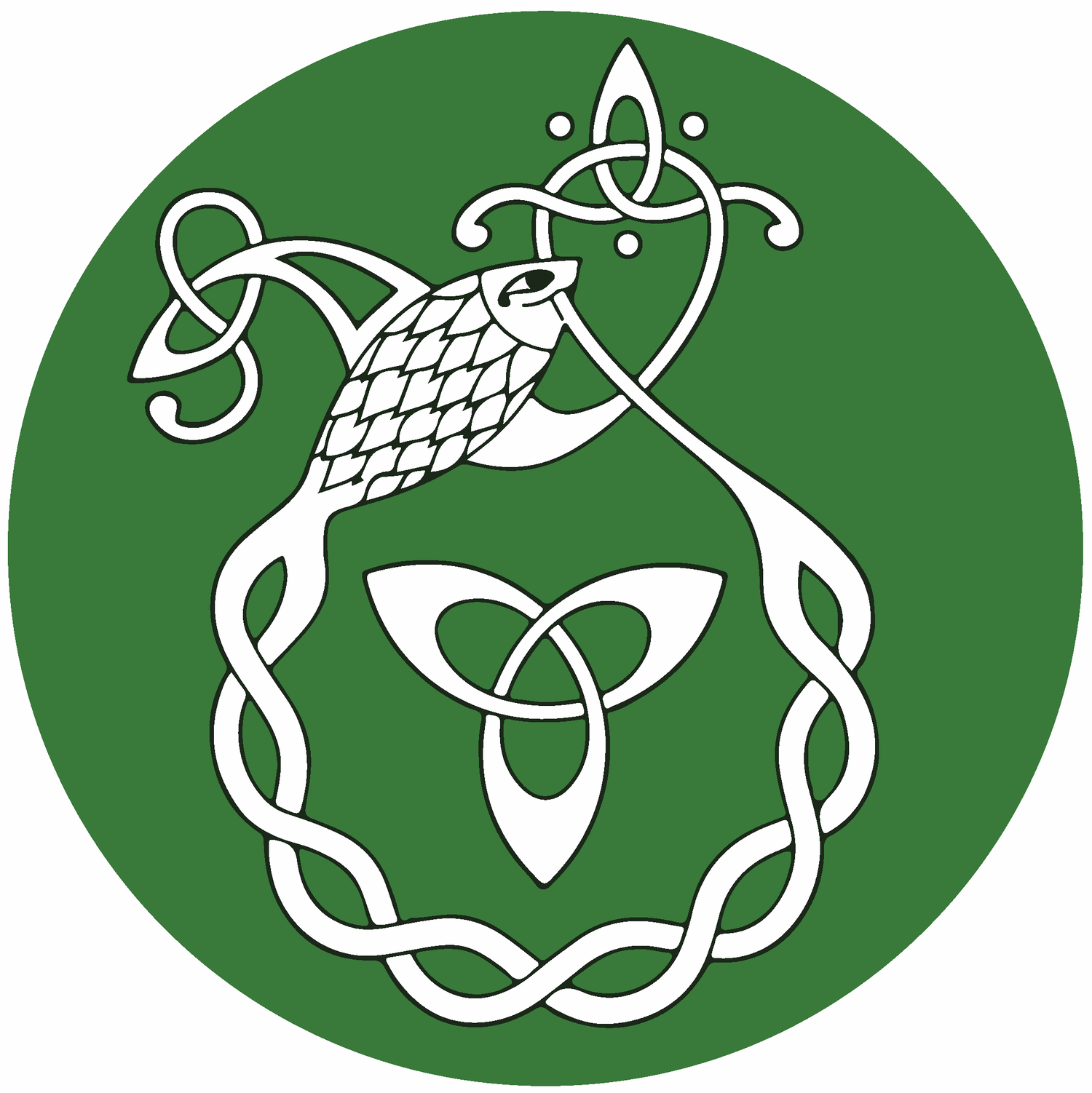Donnchadh Ruadh Mac Conmara
1715-1810, active in St. John’s, Newfoundland
Donnchadh Ruadh Mac Conmara was born into a turbulent period in Ireland, around 1715, a time when the English colonization was reshaping the very fabric of Gaelic society. This era, Ireland's "Bad Century," witnessed the erosion of the native Gaelic order as the English exerted control and imposed profound changes.
In traditional Gaelic Ireland, poets held a revered and indispensable role, serving as the glue that bound communities together. They composed poems for leaders, preserved stories, and safeguarded ancient traditions. These poets wielded power and commanded respect. However, during Donnchadh's lifetime, the significance of poets was diminishing due to the transformative forces introduced by the English. As colonization was changing Ireland, the old highly educated poets now had to take up manual labour. They couldn't rely on being poets like before, with Gaelic lords as patrons. They still wrote poems, now about their changing world and how much they longed for the return of the native Old Order, and their old lives.
Donnchadh faced a challenging life. Under the English Penal Laws, he was barred from receiving education in Ireland, compelling him to seek knowledge in Rome to become a priest. Despite these hurdles, he displayed exceptional intelligence, mastering Latin and the ancient Irish poetic traditions. He pursued a career as a teacher in the Decies, Co. Waterford, and married Máire Ní hÓgáin around 1744. Regrettably, their marriage was short-lived and he departed for Newfoundland, reportedly at the wish of the Hogan family who paid to hasten his departure.
Newfoundland, with its burgeoning fisheries, attracted thousands of Irish men seeking employment. Donnchadh embarked on his first journey to Canada, documented in his lengthy poem "Eachtra Ghiolla an Amaráin." His initial venture proved unsuccessful. However, his second journey, around 1745, saw him settling in St. John’s where it appears he stayed until 1759.
During his time in Newfoundland, Donnchadh encountered a tense society of Irish fishermen (“coddies") and English garrison soldiers. Tensions simmered between these two groups, which Donnchadh saw as the economically and culturally oppressed Irish working under the English colonizers of their Gaelic homeland. At the same time, events like the Jacobite Rising in Scotland and the exile of Prince Charles Edward Stuart to France added to the volatile atmosphere of the settlement.
By 1759, Donnchadh had returned to Ireland. He continued to teach Latin but stopped composing poetry, and didn't write poems for the last 30 years of his life. In his old age Donnchadh grew blind, and he struggled to find money to survive. This was likely the fate of many Old Order poets who could not adapt.
When Donnchadh passed away in 1810, he was buried without a marker. For all his years, he had used his Newfoundland sea-chest as a bed, and in the end it became his coffin. He was remembered as a great poet, especially for his humorous poems. Piaras Béaslaí noted that Donnchadh Ruadh “was the greatest comedic poet of the Irish language poets, outside of Brian Merriman. The power of poetry was there as is clear from Bánchnuic Éireann Óighe, but there are few songs he composed that were not about comedic affairs. A new thing altogether, a thing apart, was his masterpiece Eachtra Ghiolla an Amaráin.”
For citation, please use: Ó Dubhghaill, Dónall. 2024. “Donnchadh Ruadh Mac Conmara.” Na Gaeil san Áit Ró-Fhuar. Gaeltacht an Oileáin Úir: www.gaeilge.ca




